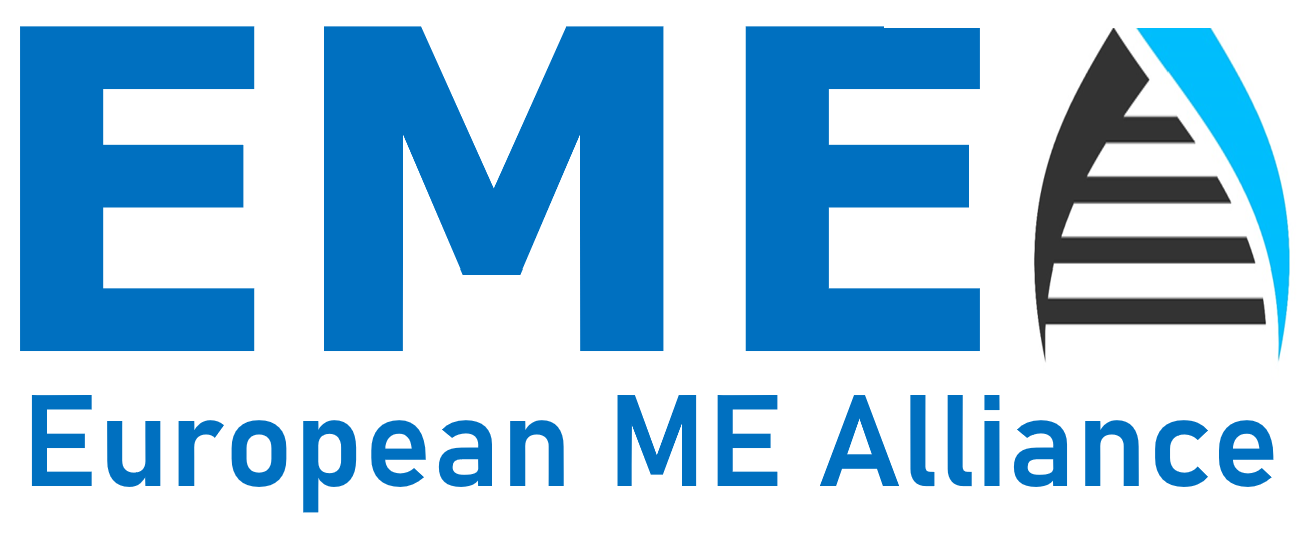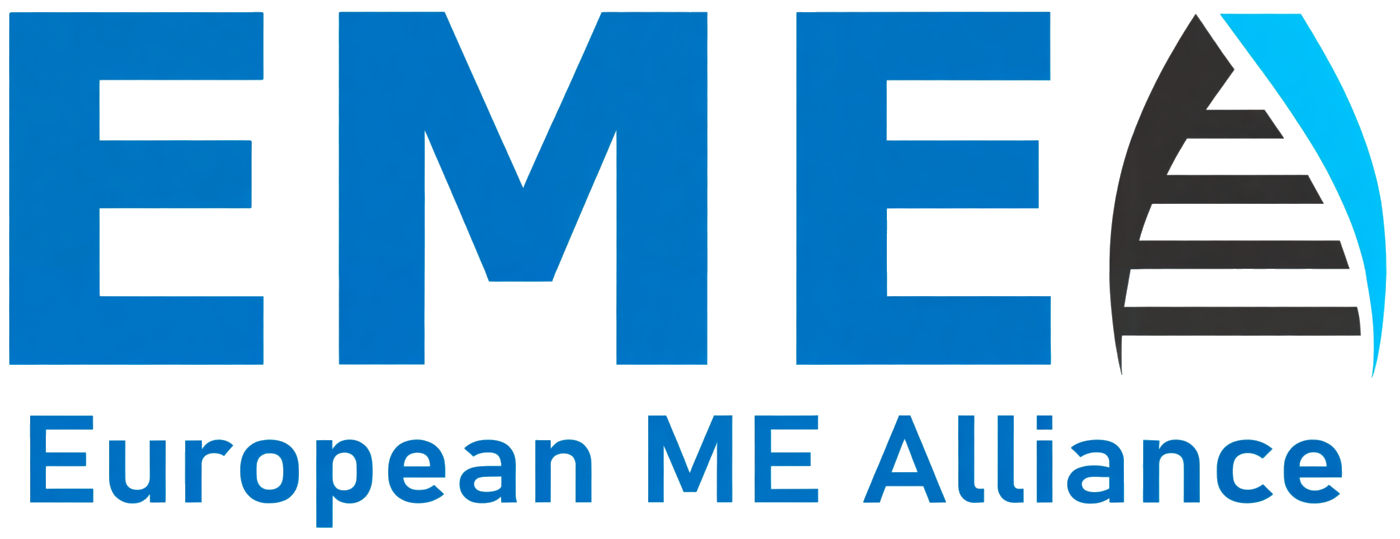
EMEA Participation in the 75th session of the World Health Organisation Committee for Europe
EMEA News for October 2025
In 2023 the European ME Alliance received
‘
official Non-State Actor accreditation’ status
from WHO’s Regional Office for Europe during WHO Europe’s 73rd Regional
Committee Meeting (RC73).
This status permits EMEA to participate in WHO Europe Regional Meetings and
to make official statements on agenda topics of interest.
EMEA aims to use this platform to improve awareness, recognition, and action for Myalgic Encephalomyelitis (ME) across
WHO Europe’s 53 member states.
European ME Alliance Statement at 75th Regional Committee Meeting for Europe
28–30 October 2025, Copenhagen, Denmark
Agenda Item 8: A healthy start for a healthy life: a strategy for child and adolescent health and
well-being in the WHO European Region 2026–2030
Honourable Chair, Esteemed Delegates,
It is heartbreaking but true: children with Myalgic Encephalomyelitis (ME, sometimes referred to as ME/CFS) face relentless fatigue, severe pain, brain fog, and the main symptom of ‘post-exertional malaise’ that means even minimal physical, mental or emotional exertion can make their bodies and energy levels ‘crash’ and their ability to function unpredictable.
They miss years of education, friends, and critical moments in their development. Families are left struggling, giving up jobs to care for sick children, causing financial hardship and creating generational poverty.
Because the illness is misunderstood, some parents are wrongly accused of child neglect or abuse. Children have been removed from their homes and placed in foster care or psychiatric units, and coerced to use harmful therapies, causing them enormous trauma and irreparable harm to their health. This exposes a critical gap in child and adolescent health systems — one the WHO strategy must urgently fix.
We call on WHO and its Member States to ensure early recognition, home-based care, tailored education, family-centred support, and legal protection for children and adolescents with ME.
By addressing ME early, WHO Europe would not just protect children today — it would reduce the burden of lifelong disability tomorrow, and truly deliver on the promise of healthy ageing and well-being for all at all ages.
Thank you.
Last Update: October 2025

